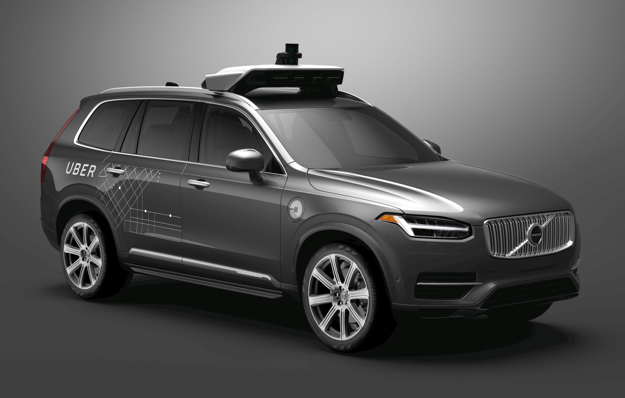Volvo To Supply Uber With 24,000 XC90 SUVs For Autonomous Ride Share Push
Volvo and Uber have announced a deal that will see Volvo providing 24,000 SUVs over the coming years for Uber's autonomous driving push. Volvo will provide Uber with

The partnership between the two firms is non-exclusive, meaning that Uber could add additional vehicles from other manufacturers if wanted. Uber already has a deal in place to get some vehicles from Mercedes-Benz. The XC90 is an expensive SUV with an MSRP starting at around $46,000.
"The automotive industry is being disrupted by technology and Volvo Cars
Volvo says that it has worked closely with Uber engineers to help develop the XC90 SUVs that will be used in the program. The vehicles have all the safety, redundancy, and core autonomous drive technologies that are required for Uber to add its own self-driving tech

"We’re thrilled to expand our partnership with Volvo," said Jeff Miller, Head of Auto Alliances, Uber. "This new agreement puts us on a path towards
Volvo has also announced that it plans to use the same base vehicle to design and deliver its own autonomous cars with the goal of having them on the streets in 2021. Uber will begin to take delivery of the SUVs in 2019 to 2021 reports Bloomberg. Volvo has already promised that all vehicles it delivers starting in 2019 will be at least partially electrified.
"This new agreement puts us on a path toward mass-produced, self-driving vehicles at scale," Jeff Miller, Uber’s head of auto alliances, told Bloomberg News. "The more people working on the problem, we’ll get there faster and with better, safer, more reliable systems."

